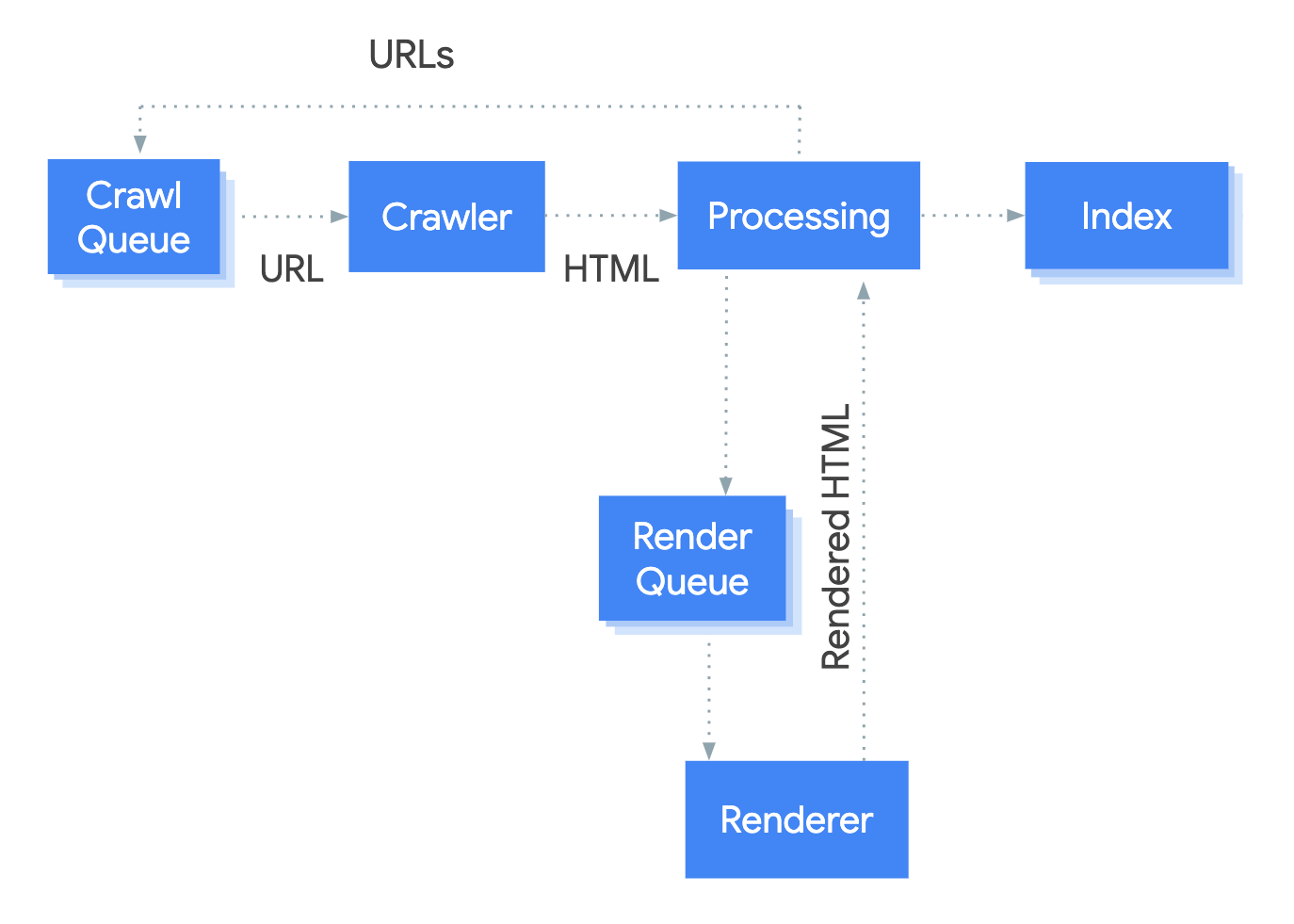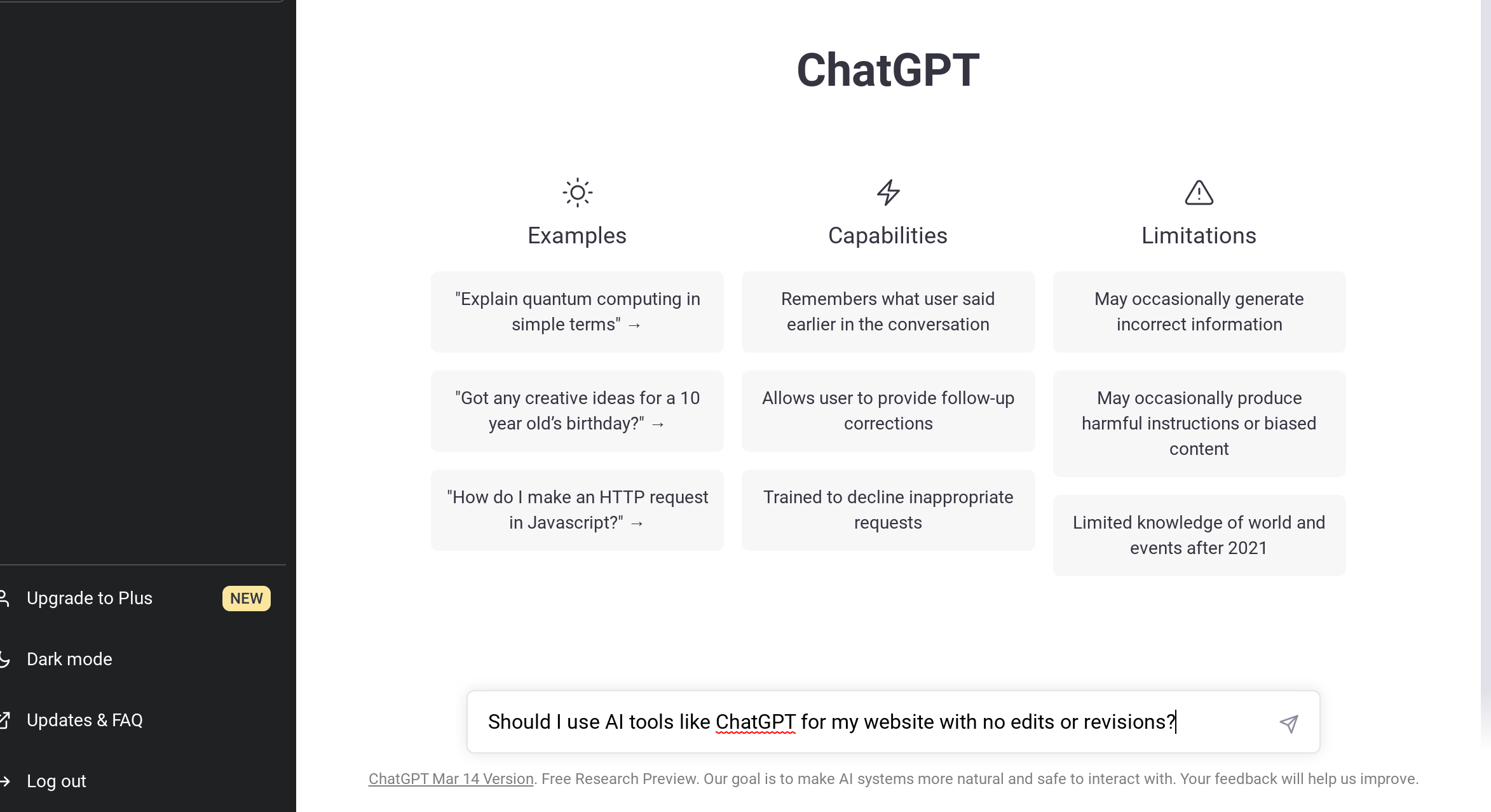4 SEO Mistakes You're Probably Making
Are you feeling frustrated with your website’s SEO results? You’ve done all the right things, including using keywords and optimizing your content, but you’re still not seeing the traffic you were hoping for. Don’t worry, you’re not alone. Let’s dive into these issues and learn how to avoid them.
Website Pages Not Crawled or Indexed
Search engine optimization (SEO) is an essential component of any digital marketing strategy, but it can be tricky to get right. Many businesses struggle with driving organic traffic to their websites, and one of the most common reasons is that search engines are unable to crawl all the pages on their site. Two key culprits responsible for this are the meta robots no-index tag and the robots.txt file.

Let's start with the meta robots no-index tag. This tag's function is to instruct search engines not to index a particular page, whether it be because it is duplicate or low-value content. While there are valid reasons for using this tag, it can be disastrous for your website's SEO if it is applied to too many pages, especially if it wasn't intentional.
The robots.txt file is another key factor in ensuring search engines can crawl your website. This file guides search engines about which pages they can crawl. Sometimes, businesses may accidentally exclude certain groups of pages, meaning some pages or sections of their website will not show up in search engine results. This can severely impact your site's overall search rankings because search engine robots will not be able to view the pages you've blocked in the robots.txt
Keyword Cannibalization
Another common problem that websites face today is called 'keyword cannibalization'. When a website has too many identical or similar keywords scattered throughout its content, it can cause confusion for search engines, and reduce the website's ability to drive organic traffic.
It is important to note that keyword cannibalization doesn't just happen on one page of a website but can occur across several pages. This can lead to multiple pages in the search engine results pages (SERPs) targeting the same keyword.
Keyword cannibalization can cause different pages that aren't competitive to compete with one another, diluting the message and user experience on the website. It can also confuse search engines, making them unsure of which page to rank higher as they try to determine which page will meet the user's search intent better.
Each page on the website should be optimized for a unique topic and keyword. For example, let’s say your website sells shoes. If you had a page titled ‘Men’s Running Shoes’, and then another page titled ‘Running Shoes for Males’, you are unlikely to rank well for either page as they are targeting the same topic.
AI Tools

One of the most common mistakes this year that website owners make when it comes to SEO is relying solely on artificial intelligence tools to create content without any human editing or verification. While these tools may seem like a game-changer in terms of productivity, they can only go so far in terms of accuracy and quality, especially when it comes to complex or niche topics.
Using AI tools to generate hundreds of pages of text without any human oversight can lead to content that's riddled with errors, inconsistencies, and irrelevant information. This, in turn, can adversely affect your search engine rankings and lead to poor user experience.
It's worth noting that while Google does not penalize websites that use AI-generated content, it does have sophisticated algorithms that can detect low-quality content, including spammy or irrelevant pages. That's why, as a website owner, you should strike a balance between using AI tools to enhance your productivity and incorporating human editing and verification to ensure the quality of your content.
The key is to have a skilled team member who can review the AI-generated content thoroughly, identify any inaccuracies or gaps, and fine-tune the text for clarity, relevance, and readability. By doing so, you can not only improve the overall quality of your content but also enhance your website's SEO and user engagement.
Duplicate Content
Last but not least, the final problem I’ll bring up has been an issue for decades and it is ‘duplicate content’. Here is an example of duplicate content: Perhaps you are copying the product description from a manufacturer’s website and using that for your product text.
If you're duplicating content from a high-authority website, that website will likely benefit from it, not you. Google wants to reward the original and authentic producers of content, not those who copy from others. To avoid this SEO mistake, it's crucial to create original and valuable content that's unique to your website.
Conclusion
In conclusion, there is a multitude of mistakes that can be made when it comes to SEO. By avoiding keyword cannibalization, balancing AI-generated content with human creativity, and ensuring that the site can be properly crawled and indexed by search engines, websites can improve their search rankings and attract more organic traffic!
Stop Wasting Money Marketing Your Business Online
Join my email list to get your copy of the Online Marketing Jumpstart PDF!
We hate SPAM. We will never sell your information, for any reason.


